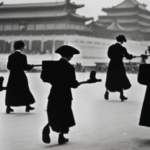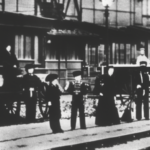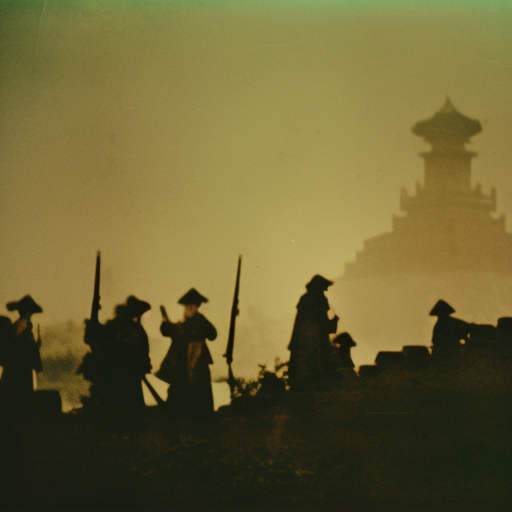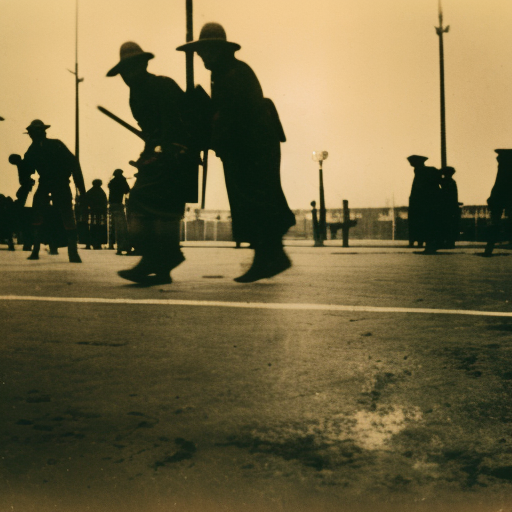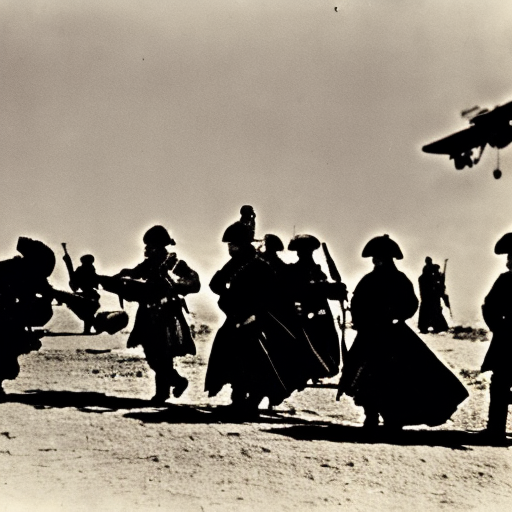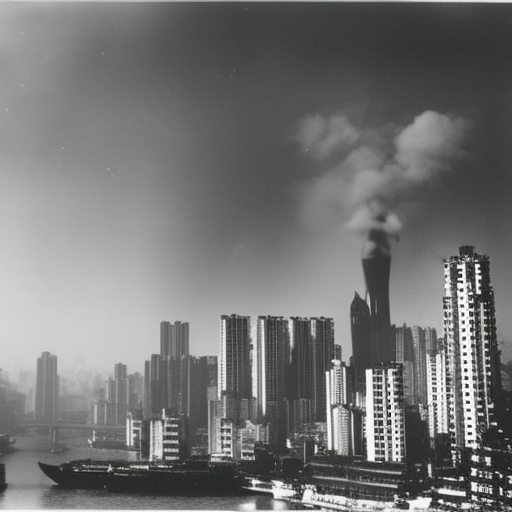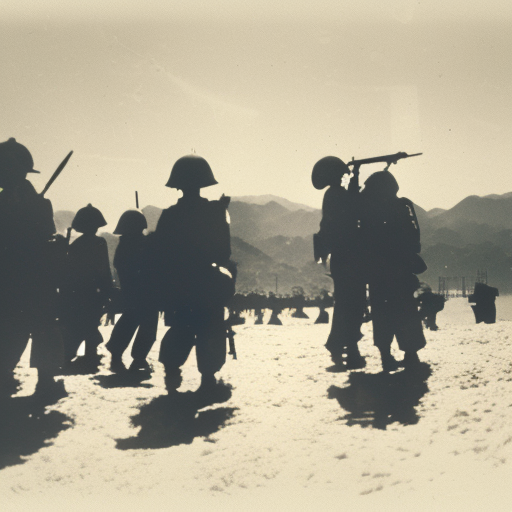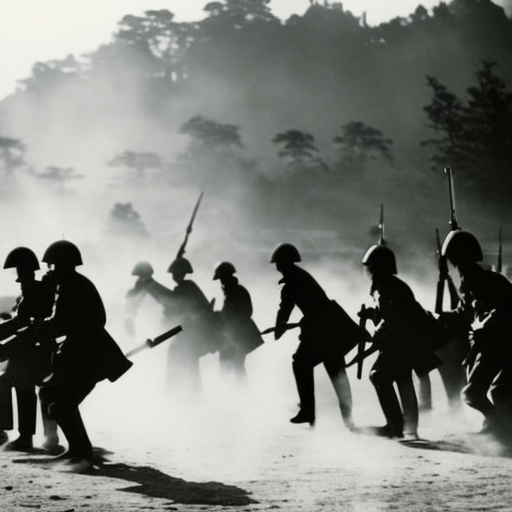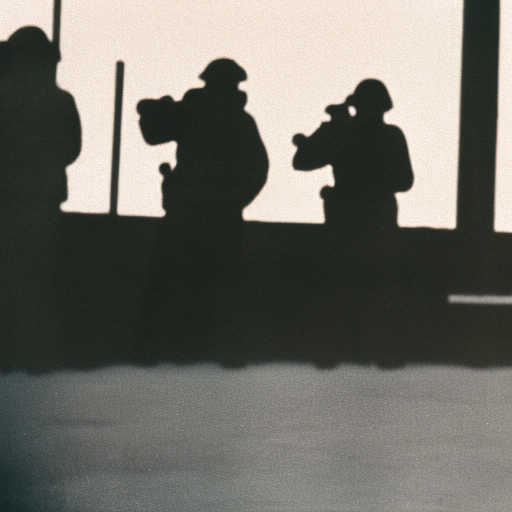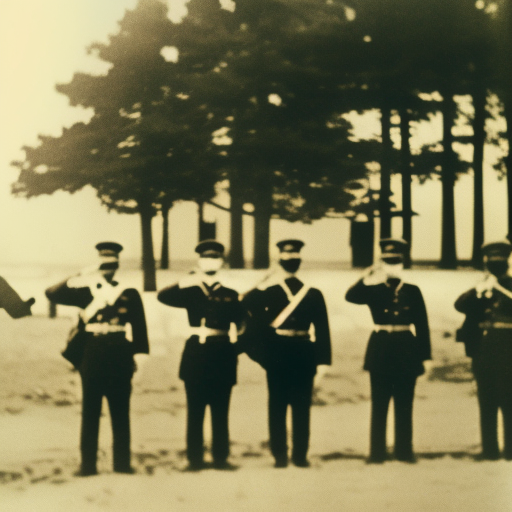The Opium Wars in China were a series of conflicts between China and Western powers over the opium trade, resulting in China’s defeat and significant territorial and economic concessions.
The Boxer Rebellion (1899-1901) Explained
The Boxer Rebellion was a violent anti-foreign and anti-Christian uprising in China that aimed to expel Western influences.
The Opium Wars Explained
The Opium Wars were a series of conflicts between China and Western powers in the 19th century over the opium trade, resulting in China’s defeat and significant territorial and economic concessions.
Bombing of Chongqing Explained
The Bombing of Chongqing refers to the relentless aerial attacks carried out by the Japanese during World War II, targeting the Chinese city of Chongqing.
Second Sino-Japanese War Explained
The Second Sino-Japanese War was a conflict between China and Japan from 1937 to 1945, resulting in widespread devastation and ultimately leading to Japan’s defeat in World War II.
Battle of Jiuliancheng Explained
The Battle of Jiuliancheng was a significant conflict during the Chinese Civil War between the Communist Party of China and the Nationalist Party.
Mukden Incident Explained
The Mukden Incident was a staged event in 1931 that Japan used as a pretext to invade Manchuria, marking the beginning of their expansionist policies in East Asia.
First Sino-Japanese War Explained
The First Sino-Japanese War was a conflict between China and Japan in the late 19th century, resulting in Japan’s emergence as a regional power.
Boxer Rebellion Explained
The Boxer Rebellion was a violent anti-foreign and anti-Christian uprising in China from 1899 to 1901.





